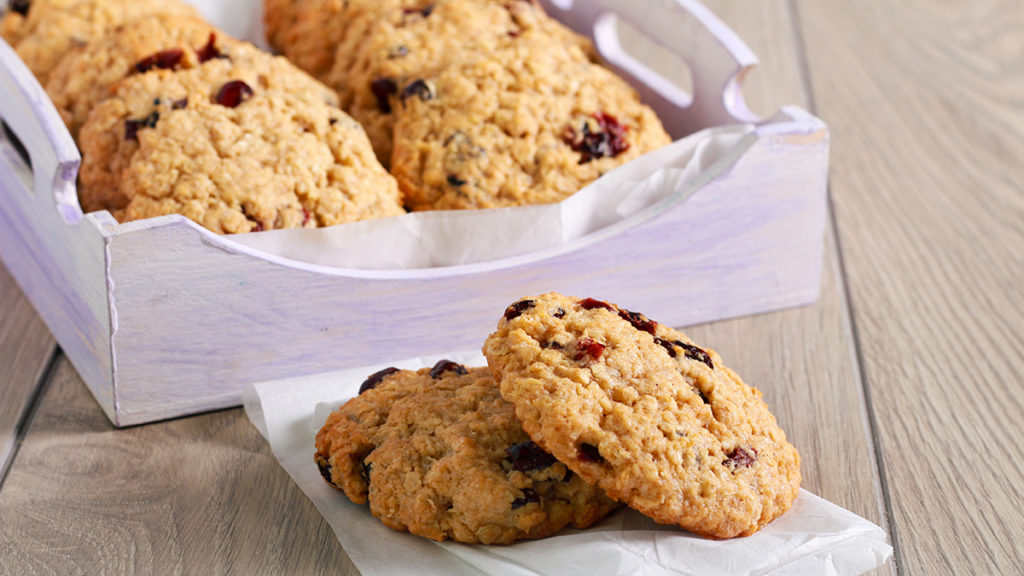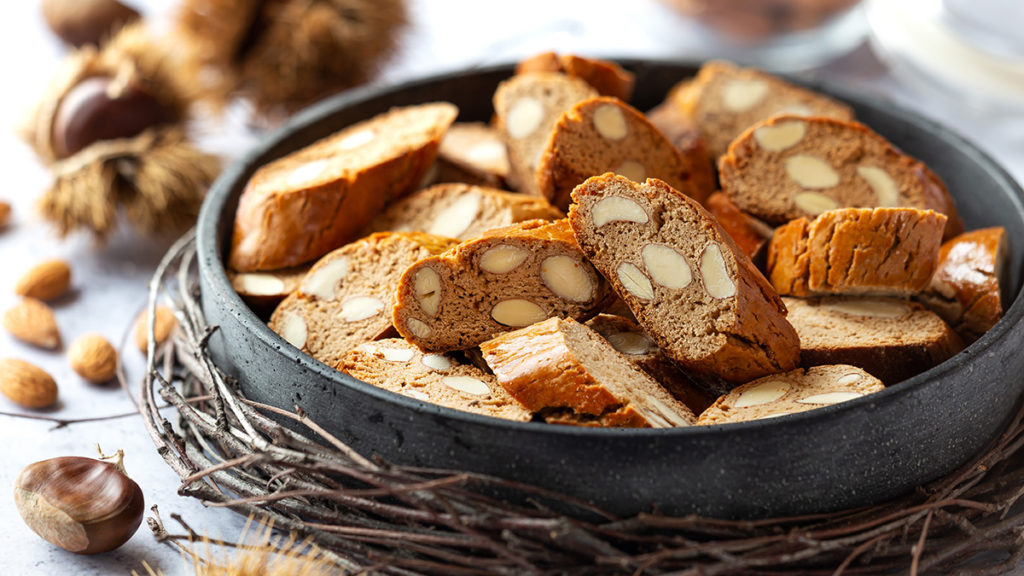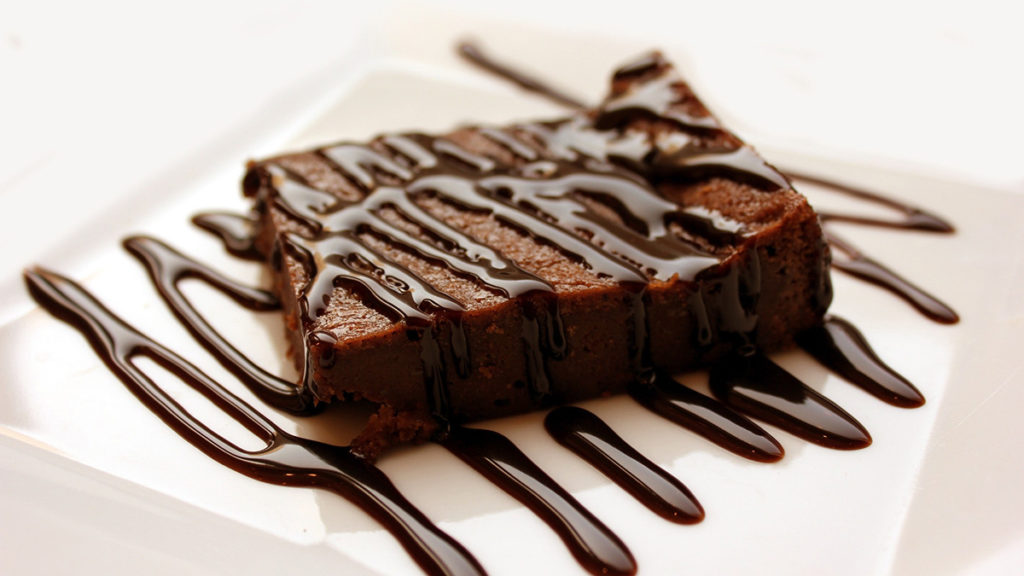How to Keep Cookies Fresh
Here are several storage options for when you want to enjoy your cookies later — whether that is next week or three months from now.
Jul 16, 2021
Part of the appeal of cookies is their simplicity and the short amount of time it takes to make them. Cookies bake up faster than cakes and are less labor intensive than pies and other desserts. Not to mention, the number of varieties of cookies is limited only by your own imagination.
One of the biggest challenges, however, comes in keeping those freshly baked cookies tasting, well, fresh. And the solution can vary based on whether your cookies are crisp, chewy, frosted, or filled.

Of course, the easiest way to ensure consuming a freshly baked cookie is to eat it right out of the oven or, in the case of Cheryl's Cookies, the package in which it is delivered. Brenda Mortensen, food product development director and food scientist at Cheryl's, says homemade cookies can be enjoyed within five-to-seven days after being baked. (As Cheryl's cookies are made with the same ingredients you would use at home, and don't contain any added freshness preservatives, you should treat them just as you would fresh-baked cookies.) After that, she says, you'll want to preserve that peak freshness by freezing them.
But don't worry: If you freeze a Cheryl's cookie, you don't have to wait long to enjoy it again.
"It only takes 10 minutes for an individually wrapped cookie to thaw out...although they are also fabulous frozen!" Brenda says.
There are times, however, where you need to keep those cookies on hand for a later date, or maybe you are shipping them to someone else. For those instances, you have several options for guaranteeing fresh success!
All cookies
Two general rules apply to storing any kind of cookie. One is to keep them in an airtight container. Air is the enemy of freshness, and all cookies do best when sealed well. (That's why Cheryl's individually wraps its cookies.)
The second is to store “like with like." This applies to both flavors and textures. If you store soft cookies with crisp ones, the crisp ones will get soft and chewy, and vice versa. Stored cookies also tend to absorb the flavors with which they are packed.
"Make sure you do not store strong flavors together," Brenda advises. "Flavors will migrate from one cookie to the other, and they will all taste the same."
So, if you don't want your lemon cookies to taste like peanut butter, keep them separate.
Here are some tips for keeping certain types of cookies at their peak freshness.
Soft cookies
Oatmeal raisin, snickerdoodles, and ginger cookies are prized for their soft, chewy texture. Airtight storage is most important for these types, as air will cause them to dehydrate and take away from their chewiness. Brenda also points out that refrigerating cookies accelerates the staling process, so it is important to leave them at room temperature.

One trick to keeping cookies softer longer is placing a slice of bread in the container with them. This creates a more humid environment. Just be sure to use a neutral bread, such as white bread, as the cookies will absorb any flavors with which they come into contact.
If you are storing the cookies in a round tin for gifting or shipping, you can also place a flour tortilla in between the layers of cookies. The tortilla will do the same job as the bread.
Another tip is to slightly underbake the cookies by about 2 minutes. The softer center will help them retain their texture longer.
Crispy cookies
Just as we like our soft cookies to stay nice and chewy, we want the opposite for the crispy kind. These include such varieties as biscotti, meringues, lace cookies, and even some types of chocolate chip cookies. While the method of storage is just as important for crispy cookies as it is for chewy, the ingredients and baking method you use can make a difference, too.

In general, cookies made with granulated sugar will turn out crispier than those baked with brown sugar. This is due to the molasses in the brown sugar, which typically results in a chewier cookie. Another factor is the shape of the cookie: Those that are “dropped" or mounded will bake up chewier than rolled or cut-out cookies.
Storing crisp cookies in a glass versus a plastic container will also help maintain that crisp texture. And while freshly baked cookies should be consumed within three-to-five days, you can extend their shelf life for up to three months by freezing them in an airtight container after they've cooled completely.
If your cookies soften anyway, you can easily “re-crisp" them in the oven. Brenda recommends baking them at 300° F for about 6 minutes to remove some of the moisture and bring back their texture.
Bar cookies

Bar cookies, such as brownies and blondies, are best eaten within a few days — that's when they have the best texture and flavor. To extend their freshness, avoid slicing them until right before you serve them. This minimizes the number of cut edges exposed to air. Once cut, keep them in an airtight container at room temperature, Brenda says, with layers of parchment or wax paper between them to keep them from sticking to each other (adding a slice of bread works well here, too).
Brownies and blondies also freeze well. Cut and store them as explained above, and they will stay good in the freezer for up to three months. You can then take out just what you need, as they defrost quickly.
Store-bought or packaged cookies
If you've grabbed a box or bag of your favorite cookies at the store, you can easily maintain their freshness longer by following all these tips. Simply store the cookies as you would if they were homemade, based on their texture. If you are not going to finish them shortly after opening, transfer them from their original package to an airtight container, or freeze them for even longer storage. (Store-bought or individually packaged cookies freeze well!)
Now go grab a glass of milk and enjoy some cookies!







